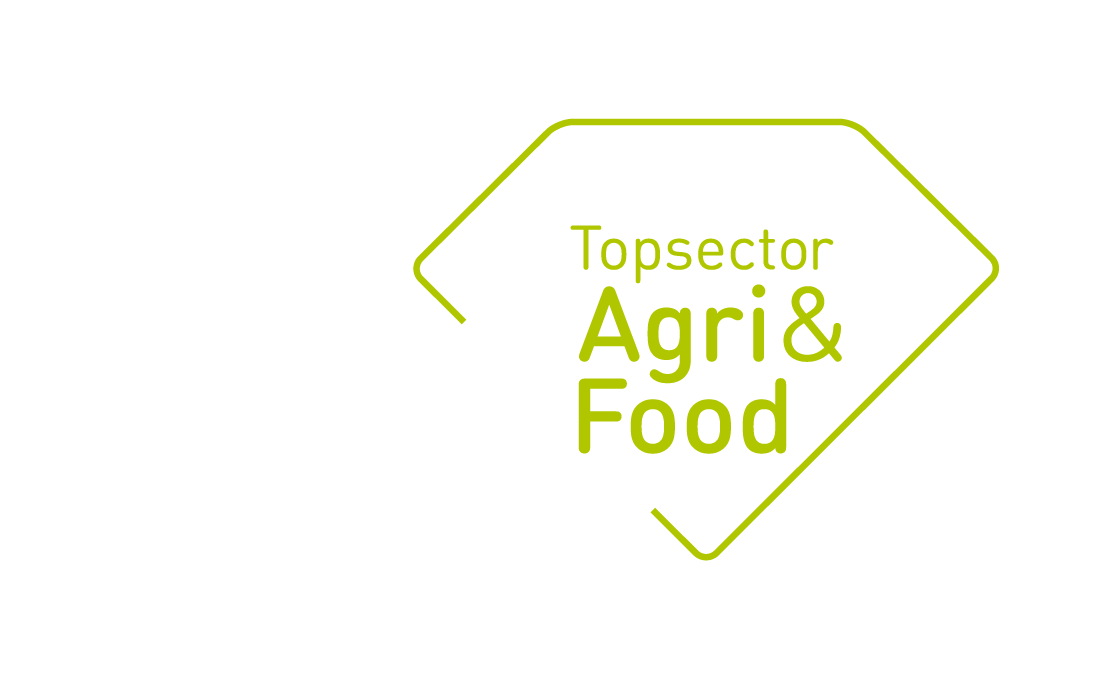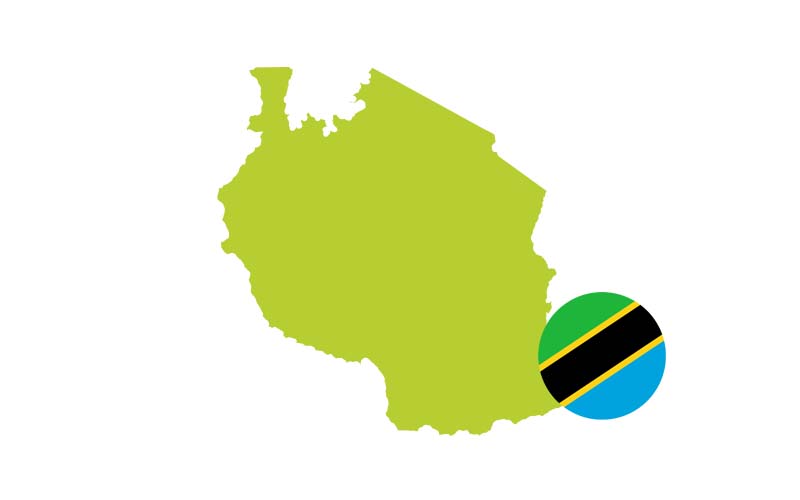Project title: From obstacle to opportunity: valorisation of algae produced in fish farms
Project number: SMP-2024
Requesting country: Tanzania
Year: 2020
Budget: € 40,000
Project leader: Sander van den Burg
Knowledge institute: Wageningen University & Research
Project partners: Genap, Holland Aqua, Larive, Righa’s Safina’s Big Fish Fish Farm, Viqon
Within Tanzania, and East Africa in general, the demand for fish is increasing dramatically due to the explosive population growth. This demand for fish cannot be sufficiently met by production from wild catch as fish stocks in natural water bodies are being overfished. This has led to an estimated staggering demand gap of 480,000 tons annually in Tanzania alone, driving up fish prices and making fish increasingly unattainable for lower- and middle-income households.
Tanzania’s fish farming sector offers great potential to meet demand for fish, provide economic growth and improve food security. To increase the productivity and improve the water usage efficiency of the ponds in the country, Viqon B.V., a Dutch aquaculture system engineering company, has developed a new type of aerated pond. These ponds have an integrated water treatment system, taking care of oxygenation, circulation and solids removal. The use of this integrated water treatment system increases the production output per pond ten-fold, while parallel also achieving a ten-fold reduction in water usage. These Dutch designed aerated ponds are currently effectively used by the local Tanzanian-owned fish farm Big Fish in Dar es Salaam. Similar recirculation-based aquaculture systems have been successfully set up by Viqon in Kenya and Rwanda.
Although this increased production of fish is of great benefit to the fish farmer, it also means that a lot more nutrients in the form of fish excrements are disposed into the production system. The combination of the high East African temperatures, high sunlight intensity and abundance of nutrients leads to excessive algae growth. To a certain extent, algae growth has a positive effect on the fish production as it serves as additional food for the fish. However, excessive and uncontrolled algae growth has a negative impact on water quality and fish production. Therefore, the excessive algae is currently either removed and discarded or algae growth is reduced with shading nets.
Yet, this local problem also represents a local opportunity. Algae are seen as a high potential ingredient for feed, fertilizer, biofuels and a range of other applications. Separating the water from the algae could provide economic benefits for the farmer. The water can be reused, whereas the algae can be sold. This creates an extra source of income for the farmer and results in higher competitiveness of the Viqon system to other less sustainable technologies. It will also open up new market opportunities to a range of other Dutch companies. There are a number of Dutch companies currently active in the algae value chain, including Evodos (centrifuge technology), Redox (flotation technology), Ventilex (drying technology), Nutreco (animal feed production), Holland Aqua (aquaculture technology), Viqon (aquaculture systems) Genap (water storage), Fishion (fish farming), Algae Spring (algae production and marketing) and DSM (use algae as ingredient). Furthermore, Dutch producers of organic fertilizers, other animal feed manufacturers, ingredient producers of food and cosmetics have a high interest in sourcing sustainably produced algae.
Thus, there is a need to establish how the algae can best be valorised, upscaled and introduced to the market. Although the algae have a high theoretical potential, the technical and economic feasibility of valorizing algae waste streams by Tanzanian and East African fish farmers has to be established.
Deel dit bericht


